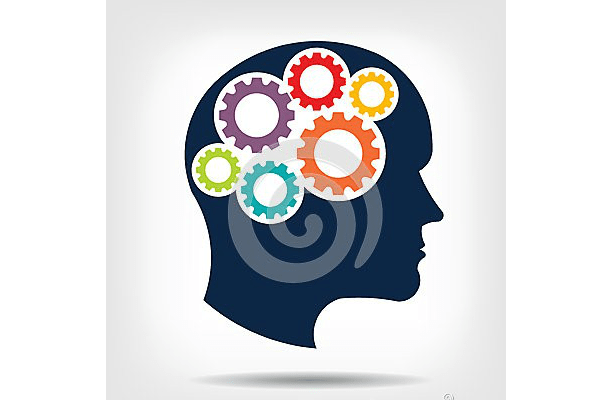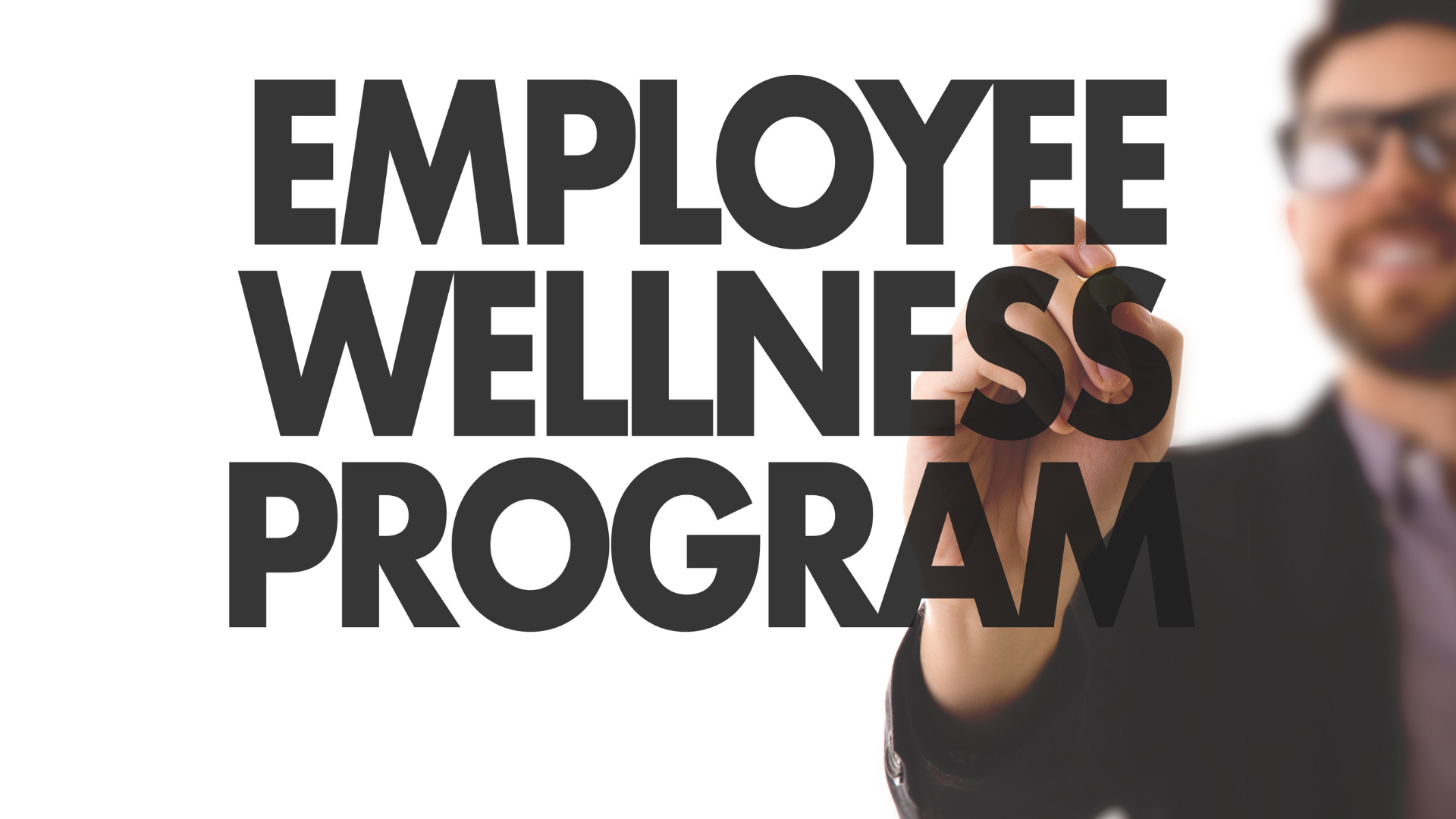Let us begin by clarifying one thing upfront: this isn’t a critique of the individuals who work in HR. In our experience, some of the most thoughtful, empathetic, and strategic professionals we’ve collaborated with sit within the HR function. But the issue here is larger. It is about the systemic framing of the function itself; and how the very label “Human Resources” has, over time, become misaligned with what organizations truly need from it today.
The Problem with “Human Resources”
Table of Contents
Language matters. And the term “Human Resources,” when you pause to consider it, places people in the same bucket as finance, machinery, and inventory. It reduces individuals to assets to be managed and optimized. While we may shrug this off as semantics, we’ve noticed over the years that this nomenclature subtly shapes how leaders and organizations view their people.
In our work with hundreds of organizations, we have found that those who see employees as “resources” often fall into transactional leadership styles. Their focus shifts to maximizing output and minimizing cost, rather than nurturing talent and enabling growth. Unsurprisingly, employee engagement suffers, and the culture begins to feel more mechanical than human.
A Shift from HR to HD (Human Development)
In our experience, the best HR professionals aren’t the ones who are experts in policies or payroll systems. They are the ones who ask deeper questions:
- How do we create a workplace that brings out the best in people?
- How do we align individual aspirations with organizational goals?
- How do we help people evolve not just professionally, but personally?
That is Human Development. And it’s a mindset shift we believe more organizations need to make. It’s the shift from viewing people as resources to be managed, to humans to be nurtured.
The Case for Human Development
1. It Builds Trust
When the people function is seen as purely transactional, trust erodes. We’ve often heard employees describe HR as the department that shows up during appraisals, disciplinaries, or exits. Not a great brand to have.
But when the function is positioned around development, its intent becomes clearer. People are more likely to seek help, offer feedback, and engage deeply when they know the system is designed to support their growth.
Related Reading: Why Trust Matters?
2. It Reflects a Future-Ready Mindset
In a VUCA world, reskilling and upskilling are no longer optional. Organizations that will thrive are the ones that actively invest in developing their people. A rebranded and repositioned Human Development function signals that the company sees its people not just as present-day performers, but as long-term partners in growth.
3. It Encourages Leadership Accountability
One of the most powerful examples we encountered was from a global tech firm where managers could not unilaterally fire underperformers. Instead, they had to show evidence of having made serious developmental efforts. The logic? If a team member is struggling, the leader shares accountability. That’s what true people development looks like.
Related Reading: 4 Steps To Accountability
What Human Development Looks Like in Practice
In our experience facilitating learning journeys, we’ve noticed that organizations with an HD mindset do a few things differently:
- They start leadership development early and sustain it continuously.
- They make feedback a regular, two-way street.
- They treat learning as embedded in the flow of work, not an event.
- They place emphasis on emotional intelligence, empathy, and wellbeing.
These organizations are not utopias. They face their share of challenges. But they’re clear that their people are not just resources to deploy. They are individuals to develop.
Is It Just Semantics?
We’ve debated this point in several workshops. Is renaming HR as HD just a cosmetic fix? Not if it’s backed by a change in philosophy and practice. We’ve seen even symbolic gestures create new energy – a renamed team, a reframed purpose, a new vocabulary that signals evolution.
Think of it this way: we renamed “Personnel” as “HR” to reflect a new era. Perhaps it’s time for the next evolution. From HR to HD.
The Bottom Line
Organizations can no longer afford to operate with outdated mental models of how people should be managed. If we want cultures that are future-ready, resilient, and deeply human, we need to start with how we treat and refer to our people.
So here’s our call to action:
Let’s stop managing human resources. Let’s start enabling human development.
We’d love to hear your thoughts – especially from our HR friends. Does this resonate with you? Have you seen a similar shift in your organization?










